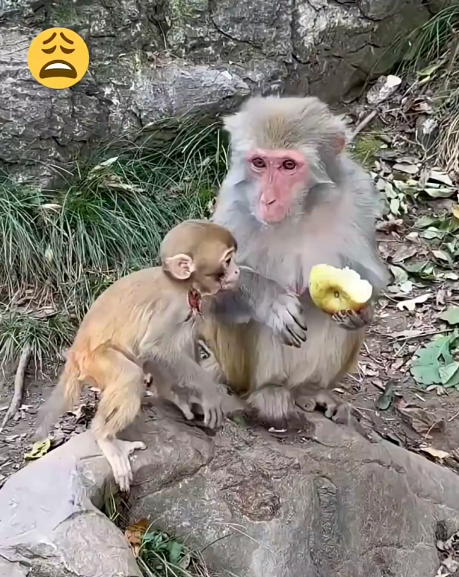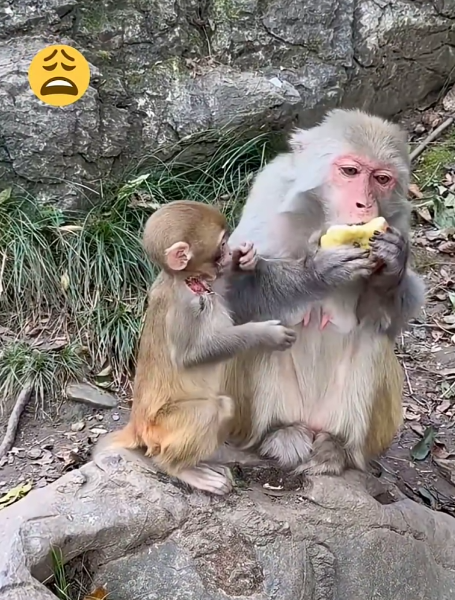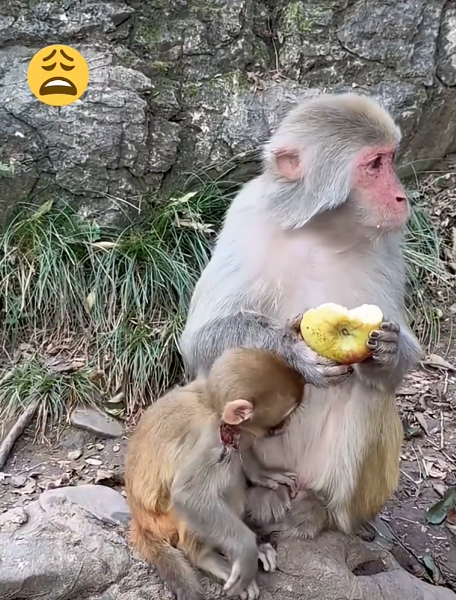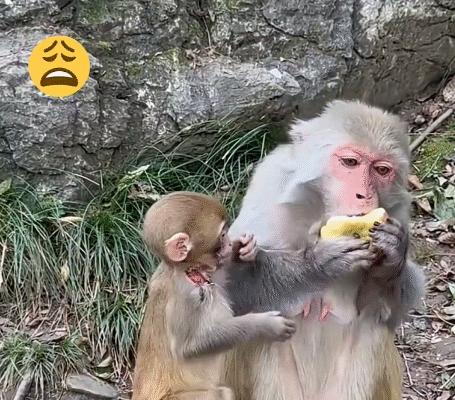
In a small village surrounded by rolling hills and winding rivers, life seemed peaceful on the surface. Children ran barefoot along dirt paths, laughing as they chased one another beneath the sun. Birds sang from the treetops, and the river sparkled in the golden light of early morning. But beneath the serenity of the village, in one modest home, a storm brewed that no one outside could see.
Maya, a young mother, lived with her husband and three children: little Aadi, age seven, playful and curious; Meera, age five, gentle and timid; and tiny Arun, just two, still learning to walk steadily on the uneven floor. On the outside, Maya appeared caring and attentive. She prepared meals for her family, tidied the small home, and tended to her children when neighbors or visitors came by. But behind closed doors, the reality was far different.
Maya’s temper was quick, and her patience often ran thin. Small mistakes—a spilled glass of water, a mispronounced word, a scraped knee—could ignite her anger. The children had learned to tread carefully, speaking softly, moving cautiously, and trying to anticipate their mother’s moods. Despite their love for her, they feared the sharp words, the sudden shouts, and the sting of her discipline.
One morning, the day began as it often did. Aadi had woken early and decided to practice drawing with a small set of pencils. Meera watched from across the room, clutching her doll, while Arun toddled after a stray kitten that had wandered inside. The scene should have been peaceful, a gentle start to a new day. But Maya’s gaze fell upon the pencils scattered across the table.
“Why is this mess still here? Didn’t I tell you to keep your things in order?” she snapped, her voice sharp and high-pitched. Aadi’s small hands froze on the paper. “I… I was just drawing, Mama,” he whispered. The words barely escaped his lips before Maya’s anger flared further.
“You think you can just do whatever you want?” she shouted. “You’re so careless! Don’t you care about your home? Don’t you care about your family?” Her voice echoed through the small house, harsh and unforgiving. Meera hugged her doll tighter, her eyes wide with fear, while Arun froze mid-step, unsure of what he had done wrong.
The children’s father, Rohan, was away working in the fields, leaving Maya to manage the home. But her frustration was not limited to daily chores—it spilled over into the children’s smallest mistakes, their moments of curiosity, and even their attempts to seek comfort. When Aadi accidentally knocked over a cup of water later that morning, Maya’s fury erupted again.

“You are so clumsy!” she yelled, grabbing a towel but letting the words cut sharper than the water on the floor. “Can’t you do anything right?” Aadi’s cheeks burned, not from shame, but from the sting of his mother’s harshness. He had tried to help, tried to be careful, but no matter what he did, it seemed to fall short of her expectations.
Meera, seeing her brother’s distress, tried to console him softly. “It’s okay, Aadi… accidents happen,” she whispered. But Maya’s attention immediately snapped toward her. “And what are you whispering for?” she barked. “Stop encouraging laziness! Don’t think I will tolerate this behavior!”
The children retreated into a small corner of the house, huddling together. Tears threatened to spill from their eyes, but they swallowed them, trying to remain as invisible as possible. Arun whimpered, sensing the tension and confusion but too young to understand the cause.
Outside the window, the village continued its rhythm. Neighbors tended their gardens, children played, and life went on. But inside, the small home was tense with fear, frustration, and heartbreak. For the children, this was their normal—a pattern of anger and discipline, mixed with fleeting moments of care that left them confused and anxious.
That evening, as Maya prepared dinner, she scolded the children for being too slow, too noisy, or too messy. Every request, every movement, seemed to irritate her further. “Oh my God, you are so mean to your own children!” a voice seemed to cry out, though there was no one to speak it aloud. Yet, the truth of the words hung heavy in the room, echoing in the hearts of Aadi, Meera, and little Arun.
Rohan returned home late in the evening, tired from the fields but unaware of the emotional storm that had raged inside his home. The children hesitated, unsure if they should speak, fearful of triggering more anger. But the night brought a brief moment of clarity. As the children slept, Rohan noticed the traces of tears on Aadi’s pillow, the way Meera clutched her doll tightly as if seeking protection, and Arun’s restless tossing. His heart sank.
The following morning, Rohan quietly spoke with Maya. “Your children are scared,” he said softly. “They need guidance, yes, but they also need love, patience, and understanding. You cannot raise them with fear as your teacher.” Maya frowned, defensive at first, but the concern in Rohan’s eyes forced her to reflect. She had been so consumed by her own frustrations, exhaustion, and the pressures of running the household alone that she had not realized the weight of her words on her children.

The first step toward change was not easy. Maya had to confront her temper, her expectations, and her fear of failure. She began to observe the children differently—listening to their stories, watching their small successes, and responding to their questions with patience. The process was slow, filled with missteps and relapses, but gradually, the tone of the household shifted.
One afternoon, Aadi accidentally spilled a little water while washing the dishes. Instead of shouting, Maya took a deep breath. “It’s okay,” she said gently. “Accidents happen. Let’s clean it up together.” Aadi looked at her in surprise, then smiled. Meera peeked from behind her mother, cautiously hopeful, and Arun toddled over, sensing the calmer energy.
The change was not immediate, and Maya often reminded herself that motherhood was a learning journey. But the small acts of patience, empathy, and understanding began to heal the wounds of fear and anxiety that had built up in her children. Their laughter returned, quiet at first, then more freely, filling the small home with warmth and joy.
In time, the children no longer flinched at their mother’s voice. They approached her for guidance, shared their stories, and sought comfort without hesitation. The bond between mother and children strengthened, built not only on discipline and guidance but also on love, respect, and empathy.
Maya had learned the hard truth: being a mother was not just about ensuring children followed rules or completing tasks correctly—it was about nurturing their hearts, understanding their fears, and guiding them with patience. And for her children, the realization that they could be loved without fear changed everything.
“Oh my God, you are so mean to your own children” became not just a cry of sorrow but a lesson in reflection. It was a reminder that harshness without understanding could wound deeply, and that true love required patience, empathy, and unwavering care. In facing her own flaws, Maya transformed the lives of her children, creating a home where they could grow safely, confidently, and joyfully.
The village eventually noticed the change. Neighbors remarked on the children’s renewed happiness, their playful interactions, and the warmth that now radiated from their home. Maya’s journey was a testament to the power of reflection, patience, and the ability to change. And for her children, it was the beginning of a childhood filled not with fear, but with love, guidance, and the comfort of knowing they were cherished by their own mother.



